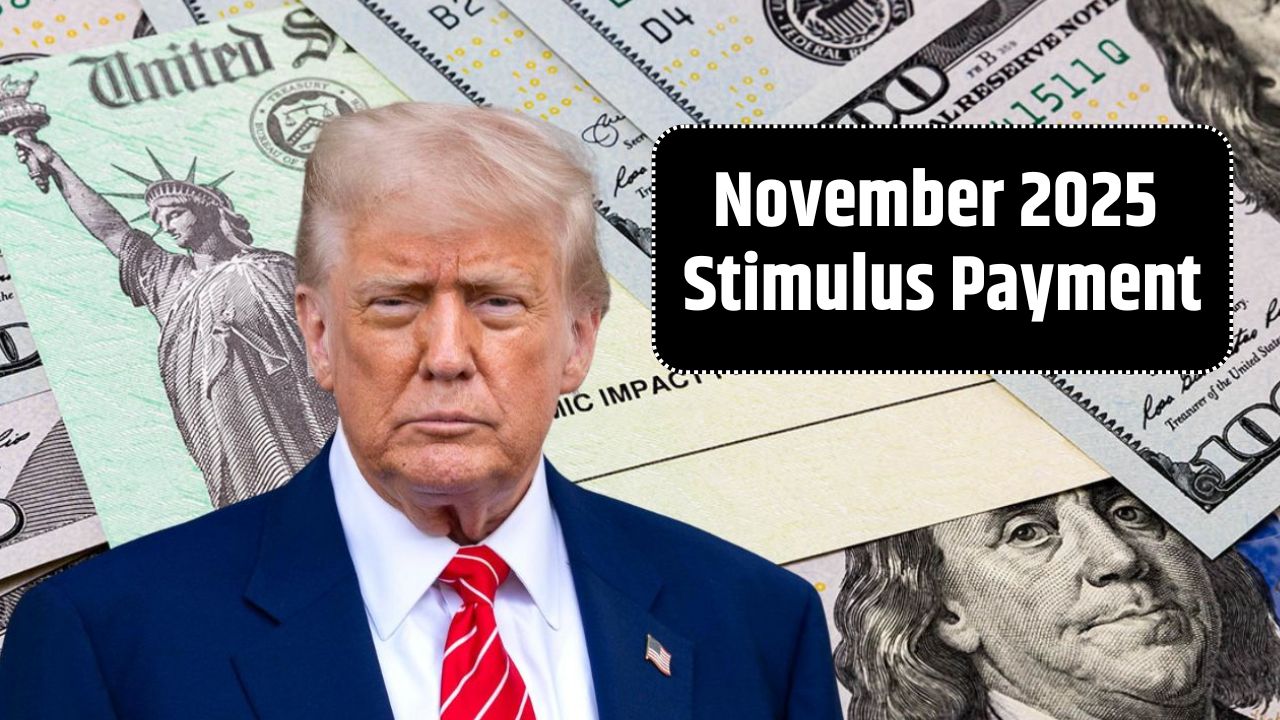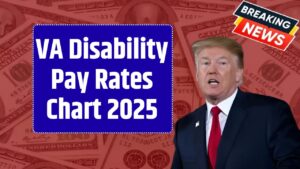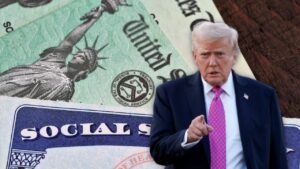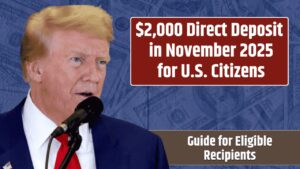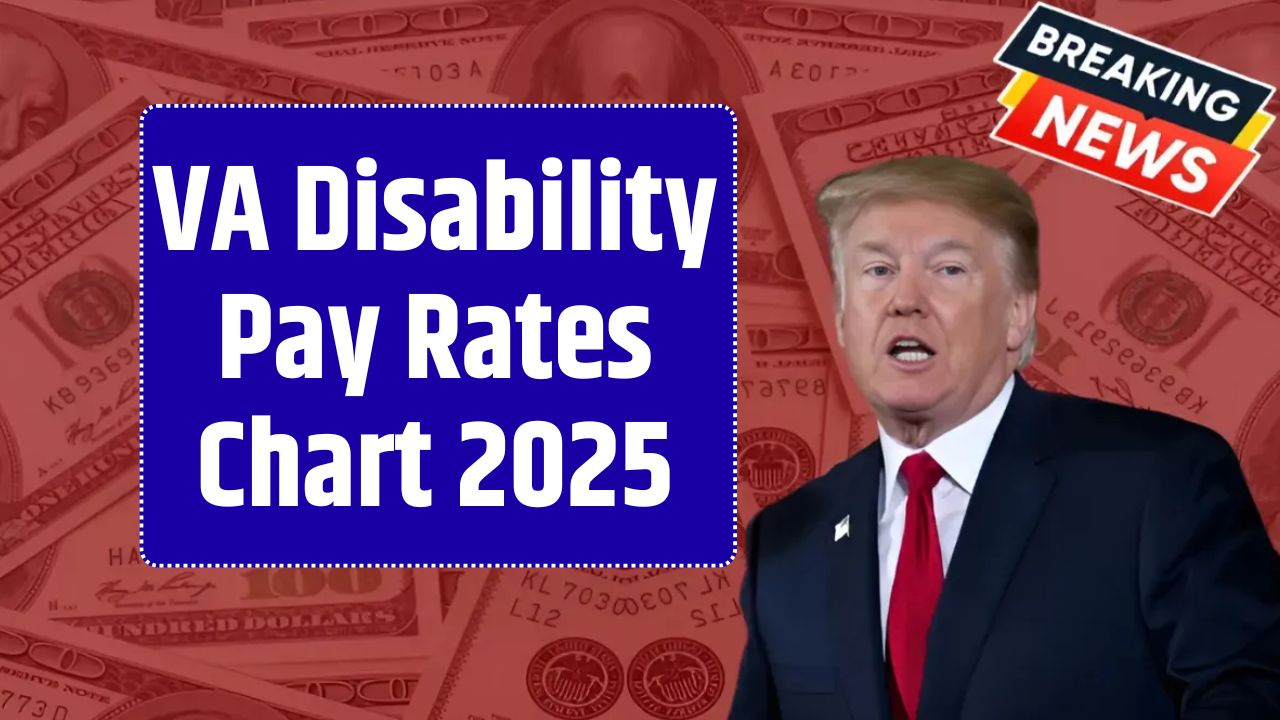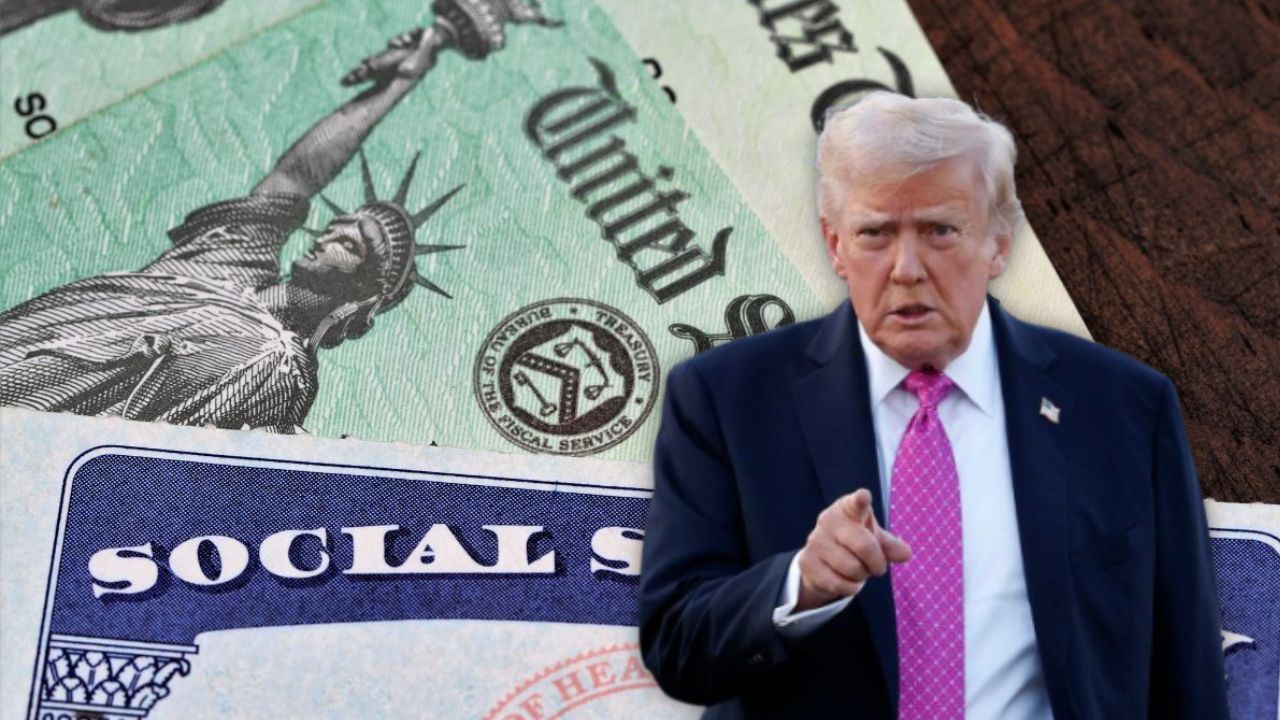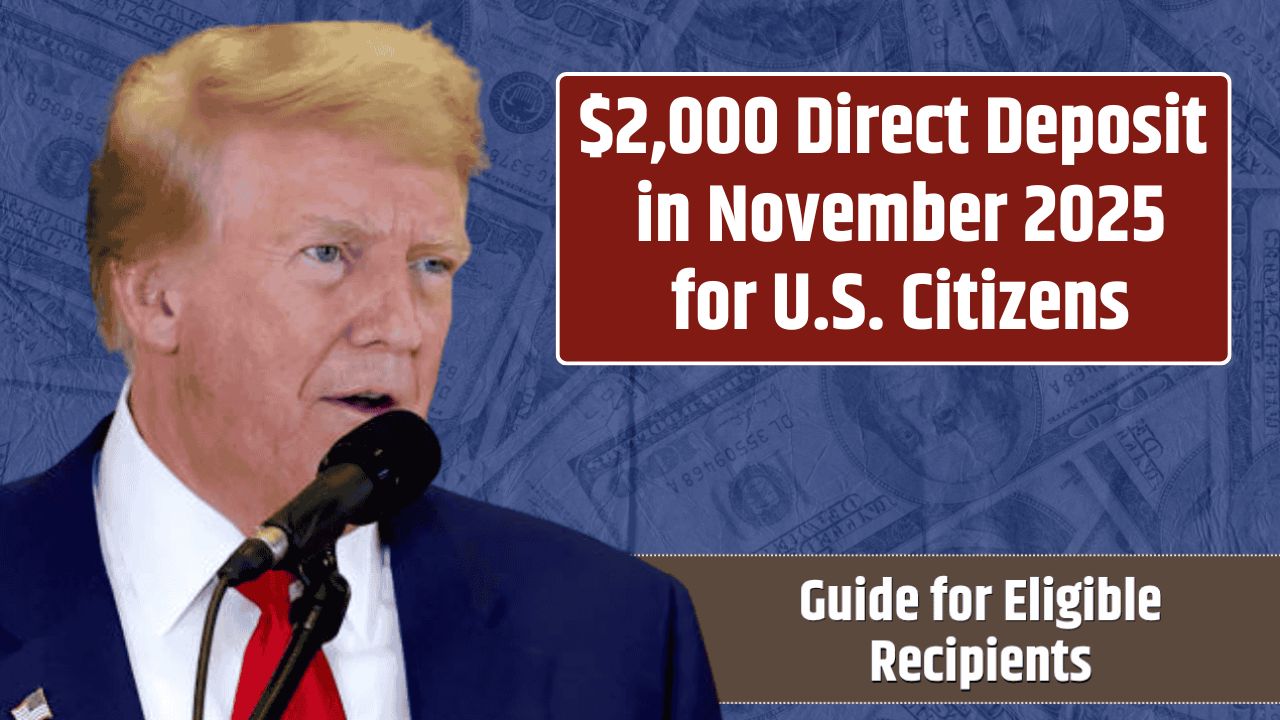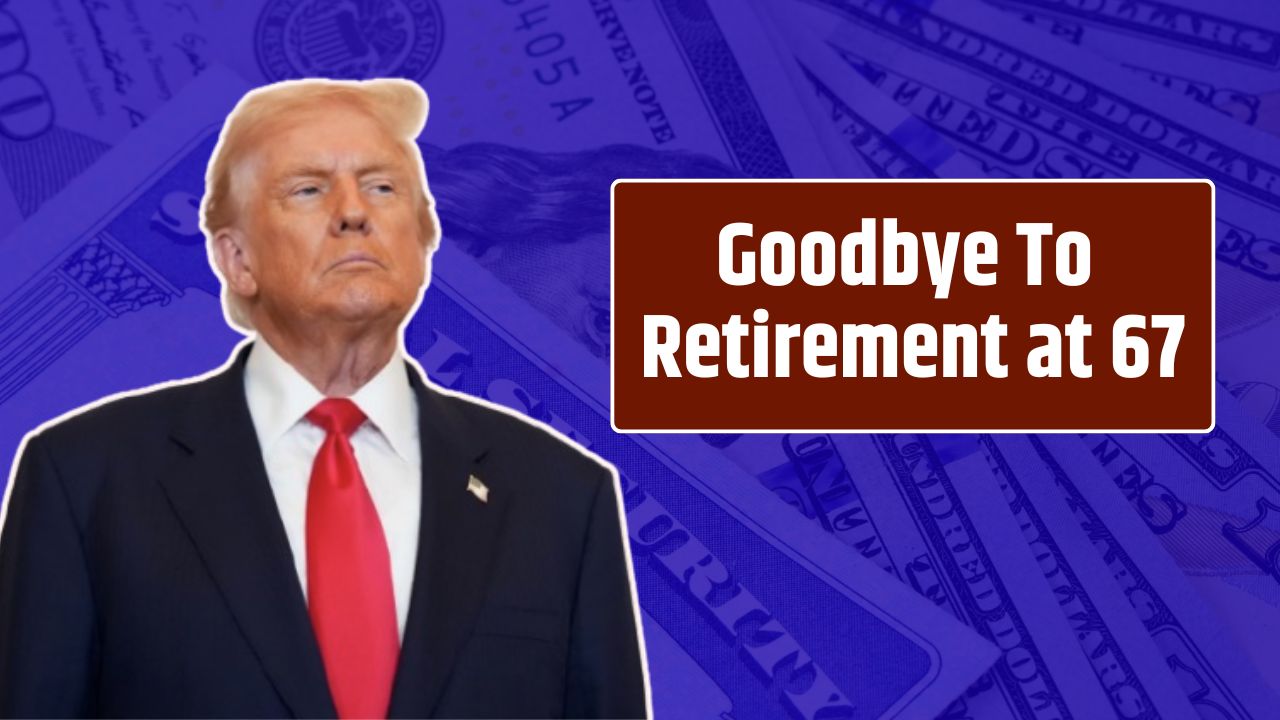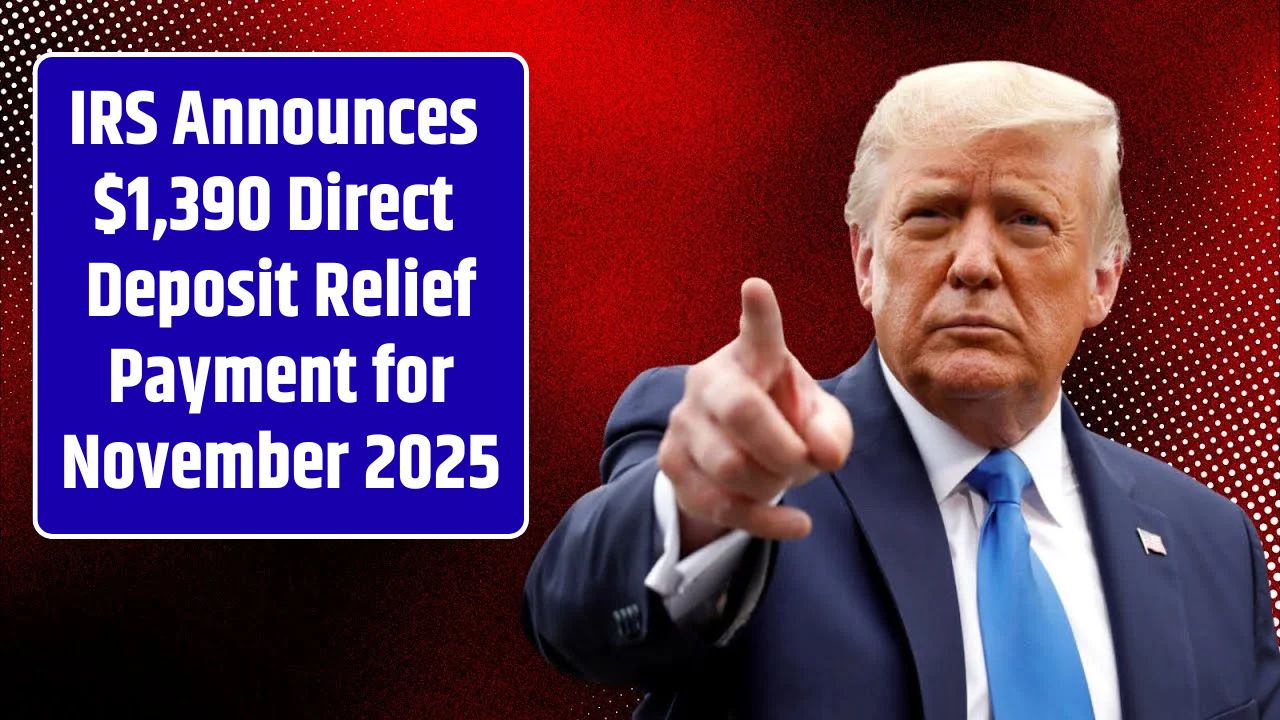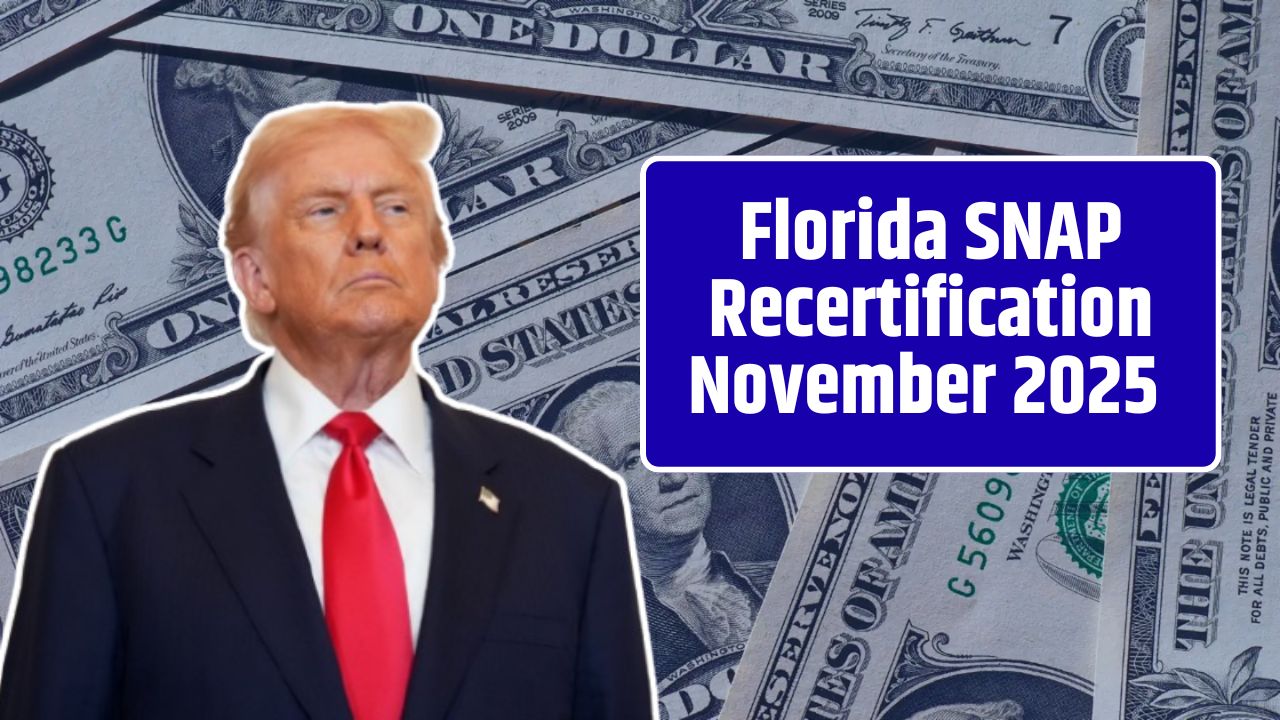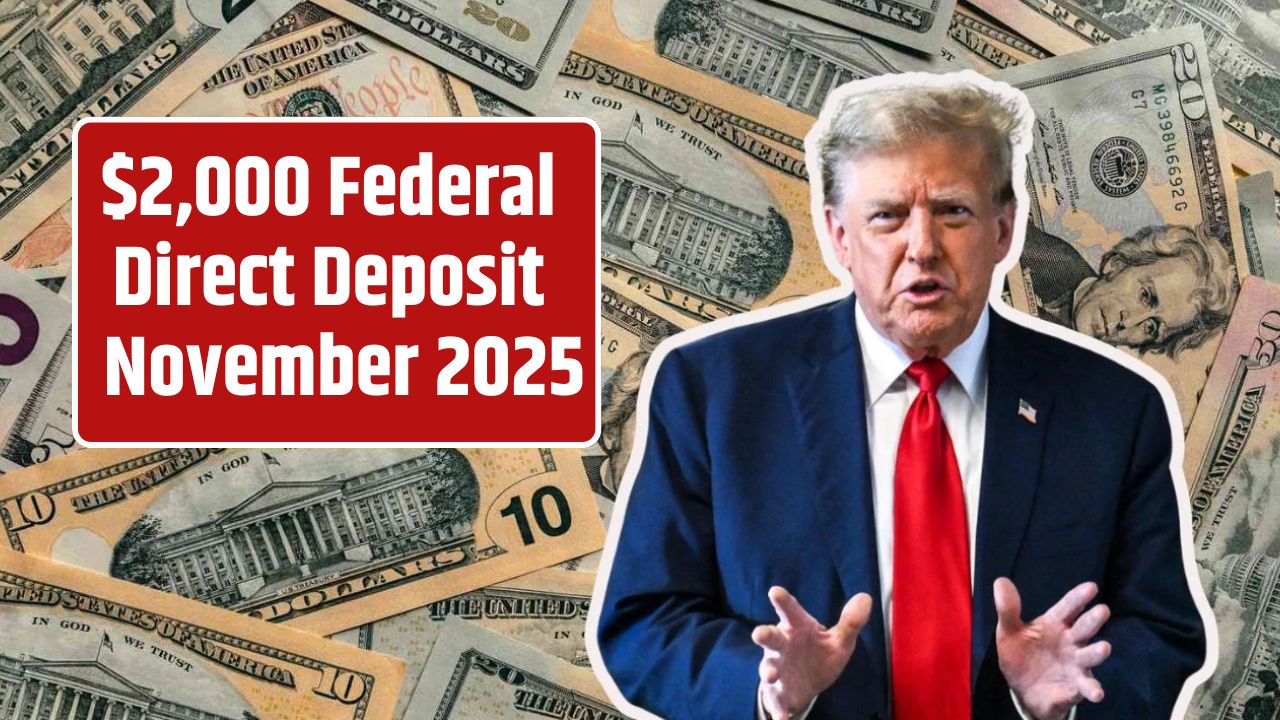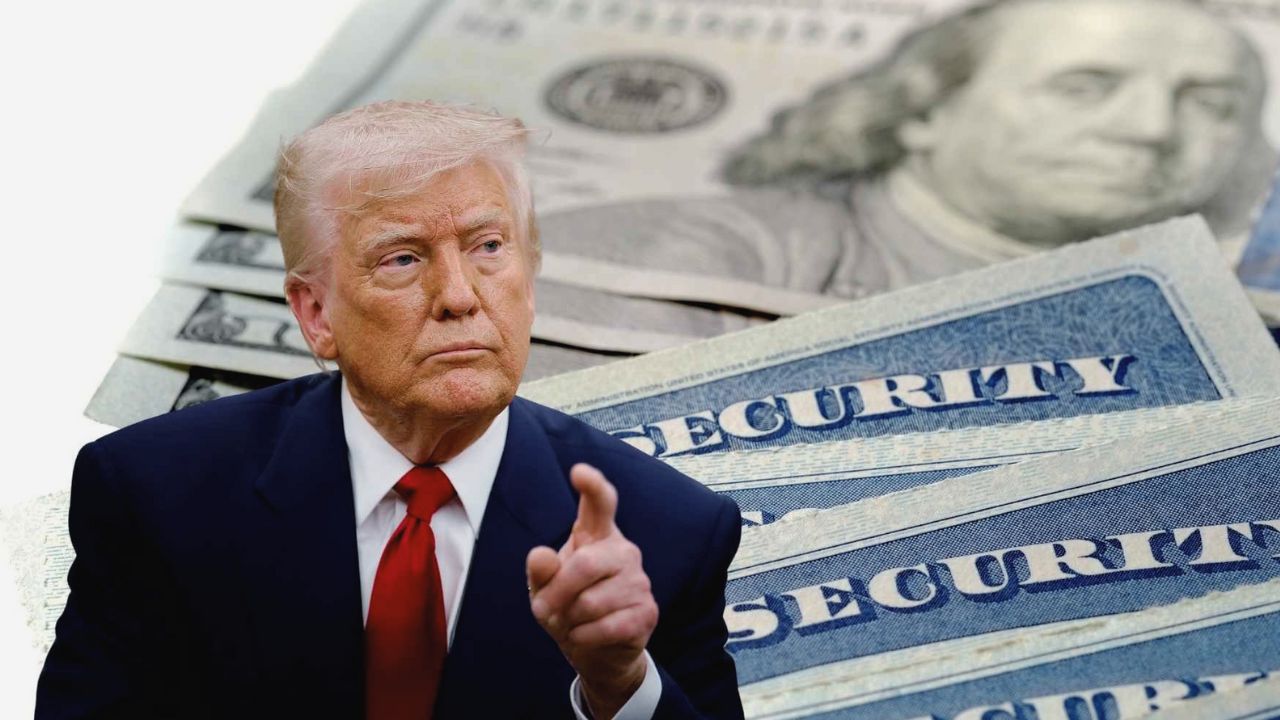Despite viral posts and online videos claiming “new federal stimulus checks” are arriving this November, no such payments have been approved by Congress or confirmed by the Internal Revenue Service (IRS).
Government agencies have reiterated that no new federal relief payments — including so-called “$2,000 direct deposits” or “$1,390 inflation checks” — are authorized for late 2025.
“Any future stimulus payments would require Congressional approval,” an IRS spokesperson confirmed. “At this time, no such legislation has been enacted.”
Federal Stimulus Payments: The Facts
Last Official Payments
The last federally approved Economic Impact Payments (EIPs) — commonly known as stimulus checks — were issued in 2021 under the American Rescue Plan Act. Those payments distributed up to $1,400 per eligible individual.
A small number of taxpayers received delayed payments between December 2024 and January 2025 if they qualified for the Recovery Rebate Credit and filed a 2021 tax return before the April 15, 2025 deadline.
After that date, the IRS confirmed:
“The Recovery Rebate Credit for 2021 can no longer be claimed. There are no further extensions or automatic payments planned.”
No New 2025 Federal Stimulus
As of late October 2025:
- Congress has not passed any new stimulus or relief bill.
- The IRS has not announced or scheduled any new direct payments.
- The U.S. Treasury has not allocated funds for such payments.
Any future federal stimulus package would require new legislation and budget approval through both the House and Senate — a process that typically takes months.
Trump’s $2,000 “Tariff Dividend” Proposal
In early October, President Trump proposed a concept known as the “Tariff Dividend”, suggesting that revenue from new import tariffs could be redistributed to Americans as direct payments.
“A dividend of at least $2,000 a person (not including high-income people) will be paid to everyone,” Trump wrote on Truth Social.
However, the plan is still only a proposal — not law. It has not been introduced in Congress, funded, or approved by the Treasury Department.
If implemented, the “Tariff Dividend” would function as an economic policy measure, not as a traditional stimulus check.
Current status:
| Proposal | Stage | Approval Status |
|---|---|---|
| $2,000 “Tariff Dividend” | Concept only | Not approved |
| Federal Inflation Relief Check | None | No legislation introduced |
| Recovery Rebate Credit | Closed | Ended April 15, 2025 |
Beware of Stimulus Scams and Viral Rumors
Misinformation about “new stimulus payments” continues to spread online, often tied to fake IRS pages, YouTube videos, or social media ads promising quick money.
In reality, many of these posts refer to state-level benefits (such as Alaska’s Permanent Fund Dividend) or fabricated federal programs that do not exist.
The IRS has warned that scammers may use these fake announcements to:
- Steal personal or banking information
- Install malware through fraudulent “claim portals”
- Collect fees for fake application services
Official reminder:
The IRS does not contact taxpayers by phone, text, or email to offer payments or request personal information.
To verify any government payment, always check official sites:
State-Level Payments vs. Federal Stimulus
Some confusion stems from state-administered programs that resemble federal stimulus efforts. Examples include:
- Alaska Permanent Fund Dividend (PFD): $1,400 to residents from oil revenue
- New Jersey Energy Relief Checks: $175 to utility customers
- California Middle Class Tax Refunds: One-time rebates tied to 2022–2023 state budgets
While legitimate, these are not federal stimulus checks and vary by state eligibility.
FAQs:
Is the IRS sending any new stimulus checks in November 2025?
No. The IRS has confirmed there are no new stimulus programs scheduled or approved for this year.
What about the $2,000 “Tariff Dividend”?
That is a proposal by President Trump, not an approved payment. Congress has not passed any law funding such a dividend.
I saw a post about a $1,390 IRS payment — is that real?
No. Those posts often refer to state-level aid programs or fake online claims. Always verify on IRS.gov.

